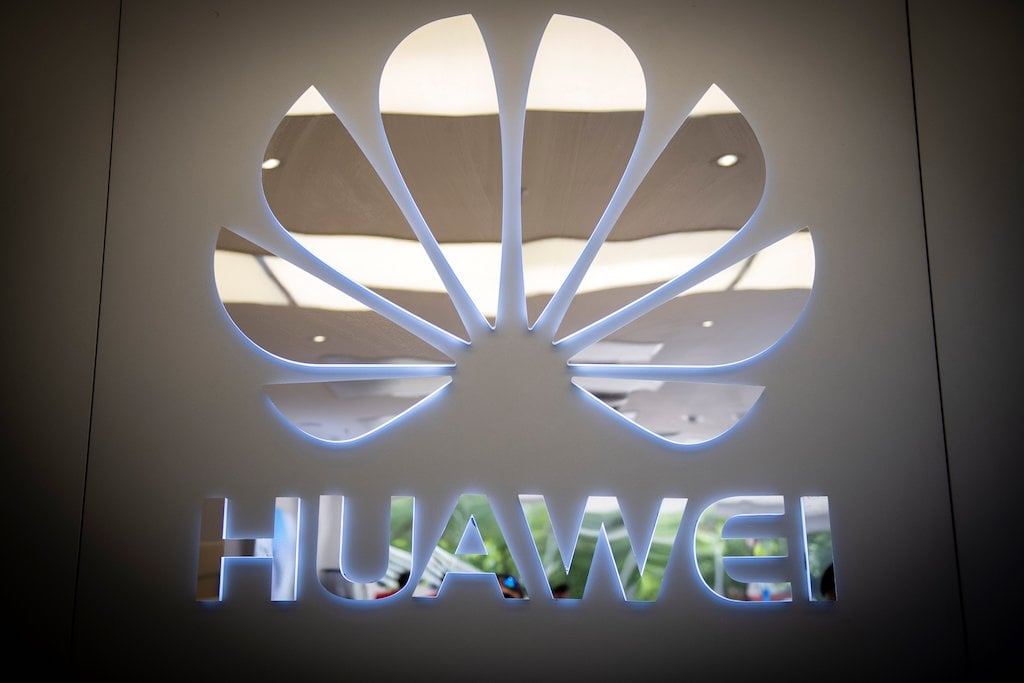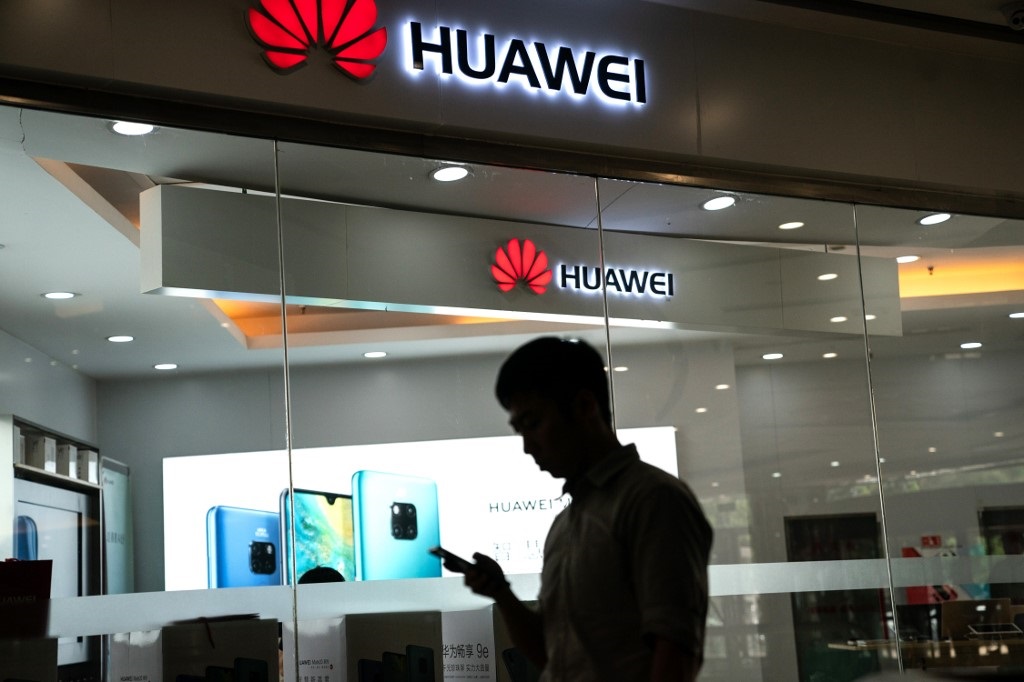Two employees who previously worked as personal staff for Mark Zuckerberg have leveled alarming allegations of misconduct against the head of Zuckerberg’s security detail, including sexual harassment and racist, transphobic, and homophobic comments.
In a sweeping report on the allegations, Business Insider reported Thursday that Liam Booth—a former worker for the U.S. Secret Service and the current security chief for the Chan Zuckerberg Initiative—has been accused of mocking Zuckerberg’s Asian-American wife Priscilla Chan with racist remarks, verbally and sexually harassing staffers, and making repeated transphobic remarks about another staffer that involved referring to this person as “it” instead by their preferred pronoun.
The two individuals who have accused Booth of the conduct—one of whom worked in the Zuckerberg household while the other worked on the security side—secured Lisa Bloom as their attorney. A spokesperson for the Bloom Firm confirmed to Gizmodo that she was indeed representing the individuals but did not have an additional comment by press time.
According to Business Insider, Bloom issued demand letters to a law firm representing the companies that oversee the Zuckerberg family’s staff. Those letters were reviewed by the outlet and, in addition to the above claims, reportedly allege that Booth on multiple occasions said he “didn’t trust Black people” and “white lives matter more than Black lives,” among other racist comments.
The Chan Zuckerberg Initiative, the couple’s education-focused organization for which Booth worked, bills itself as a company that fosters diversity, equity, and inclusion in a “workplace where everyone is and feels welcomed, respected, supported, and valued.”
Both of the individuals speaking out against Booth claim to have repeatedly alerted their superiors—including top Zuckerberg staffer Brian Mosteller—about Booth’s alleged behavior but say those complaints were ignored, according to Business Insider. One of the staffers reportedly resigned after being put on medical leave in February, while the other was reportedly fired by Booth two days prior over what the letter claims amounted to eye-rolling in a meeting and informing another employee about a negative write-up.
When Gizmodo contacted Facebook for comment on the report, Ben LaBolt, a spokesperson for the Zuckerberg family office, said in a statement by email that Booth was put on administrative leave as the allegations are being investigated by an outside law firm.
“The family office takes complaints of workplace misconduct very seriously and our human resources team promptly investigates all such matters,” LaBolt said. “The allegations against Liam Booth were brought to the office’s attention for the first time by The Bloom Firm after both former employees had left employment by the family office and engaged legal counsel. As soon as The Bloom Firm presented these allegations, the family office engaged Munger, Tolles & Olson, an outside law firm, to conduct an investigation of all allegations made by The Bloom Firm to determine whether the claims have merit.”








